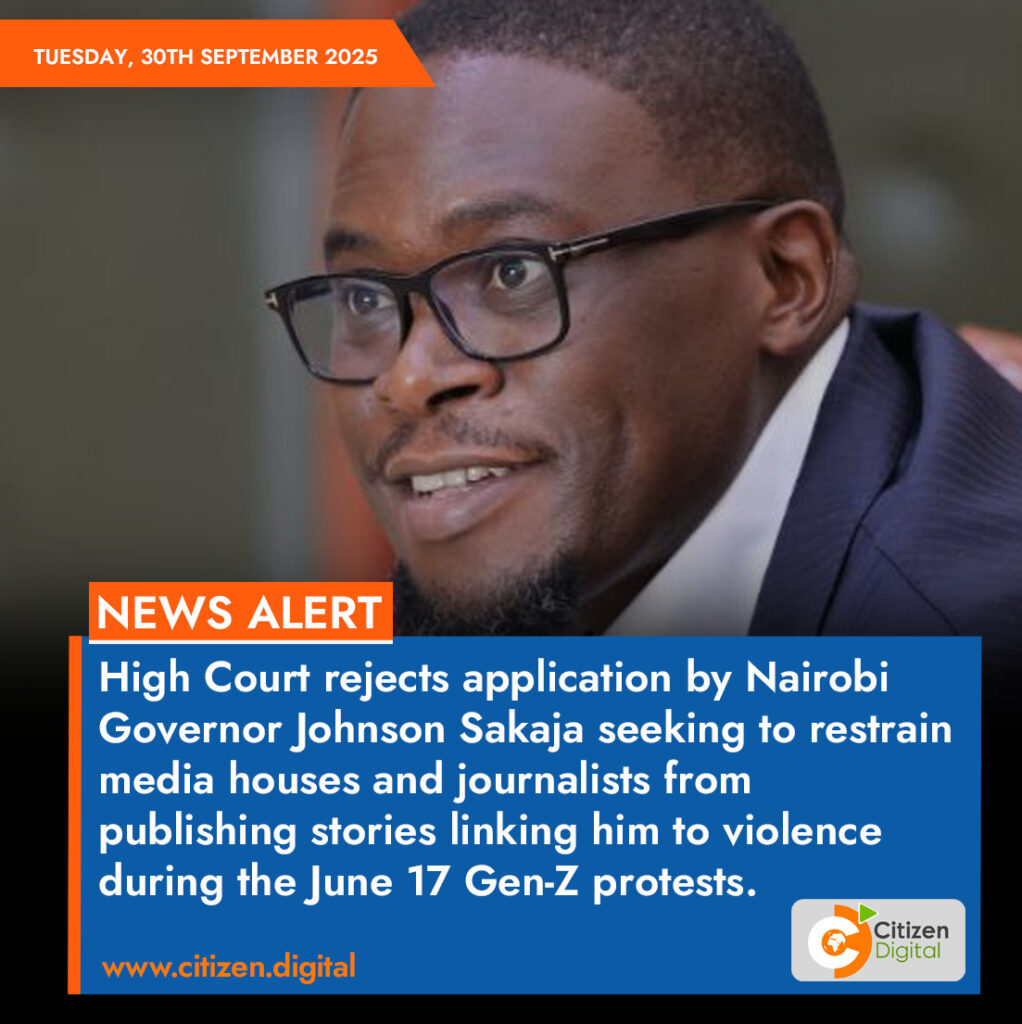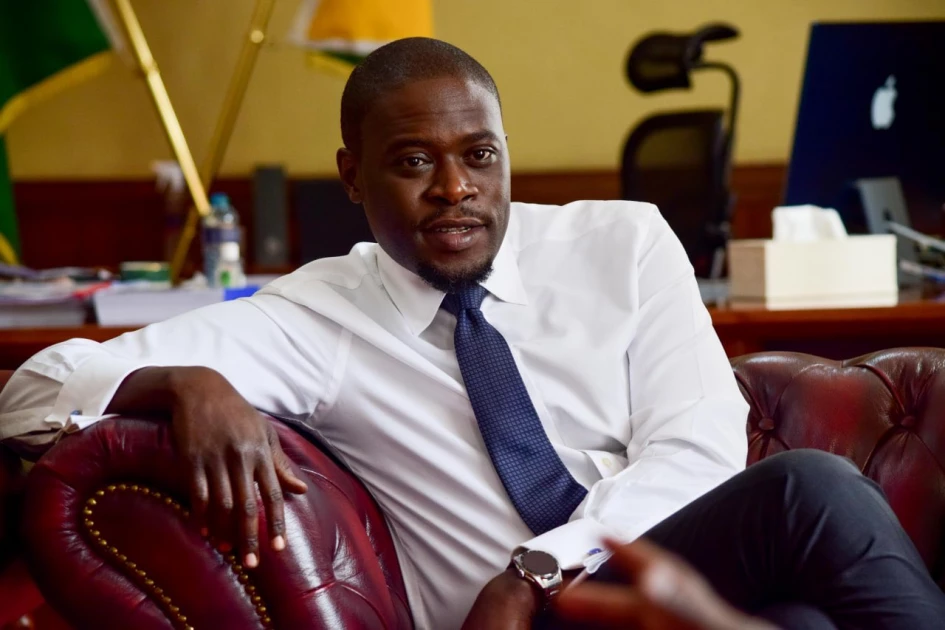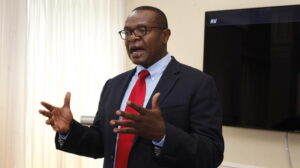The High Court’s rejection of Johnson Sakaja’s application marks another low moment for the Nairobi Governor, who has been battling mounting criticism over his leadership and now faces questions about his role during the June 17 Gen-Z protests.
Sakaja had rushed to court on June 19, 2025, accusing a media company and two journalists, Evans Habii and Nyaboge Kiage, of defaming him by publishing a story that linked him to sponsoring violence during the protests.
His case was built on claims that the publication damaged his reputation and would likely be repeated, especially during anniversaries of the demonstrations against the Finance Bill.
However, Justice Sifuna dismissed his request for an injunction, pointing out that the issues raised would be decided at the full trial and that silencing the media at this stage would be premature.
The ruling sends a strong message that attempts by leaders to muzzle journalists will not go unchallenged.
By declining to grant Sakaja the interim relief he desperately sought, the court effectively allowed the press to continue reporting on matters of public interest tied to his administration and personal conduct.
This outcome leaves Sakaja exposed as the defamation case proceeds to hearing, with every detail of his actions during the Gen-Z protests likely to be scrutinized further in the public eye.
Sakaja’s bid to block the media from carrying such stories speaks volumes about his fear of public opinion. Nairobi residents have not forgotten the chaos of June 17, when young protesters filled the streets demanding accountability and an end to punitive policies.

For him to be mentioned in connection with sponsoring violence during such a moment raises serious questions about his leadership and priorities. Instead of addressing the grievances of the youth or showing commitment to solving Nairobi’s deep problems, Sakaja appears more focused on protecting his personal image.
His decision to go after journalists suggests a leader uncomfortable with transparency and unwilling to face criticism head-on.
This case also highlights a wider pattern of leaders trying to intimidate the media whenever uncomfortable truths surface.
Nairobi’s problems under Sakaja’s watch ranging from poor service delivery, collapsed garbage management systems, stalled projects, and worsening public transport cannot be hidden through court applications.
The court’s ruling ensures that journalists can continue to investigate and report on the governor’s record, however damaging those stories may be to him.
For residents, this is a reminder that accountability cannot be stopped by legal maneuvers designed to silence dissenting voices.As the defamation case heads to a full trial, Sakaja will be forced to confront the allegations in detail.
This process will not only determine whether the media crossed the line but also expose the governor’s role, if any, in the unrest that rocked Nairobi. The public deserves to know the truth, and the attempt to bury it through injunctions has already failed.
Sakaja finds himself cornered, with both his reputation and leadership on the line at a time when Nairobi continues to sink under his administration.





















Add Comment